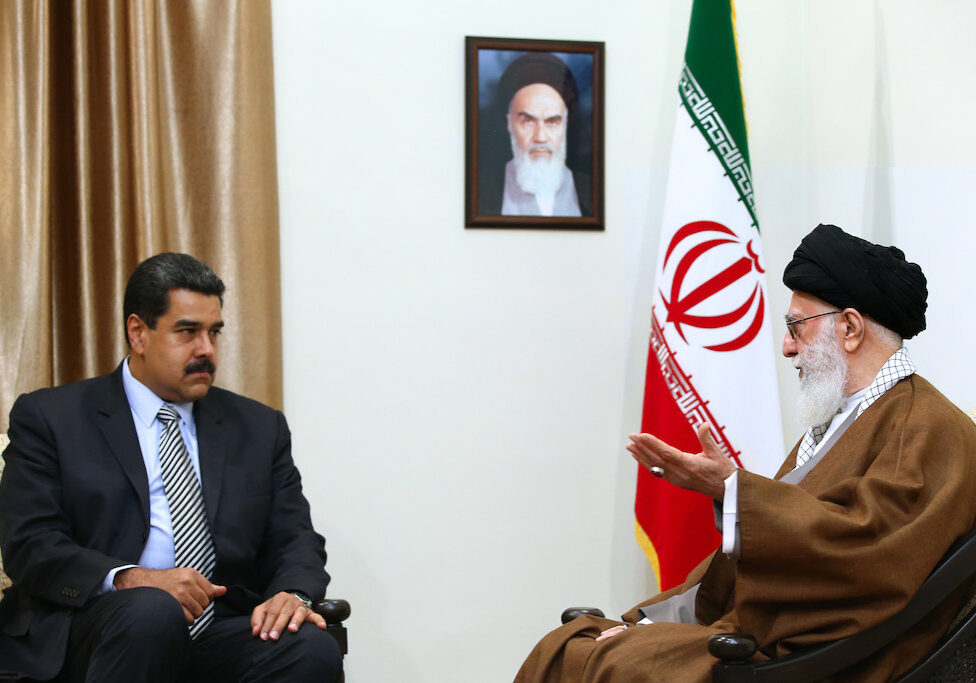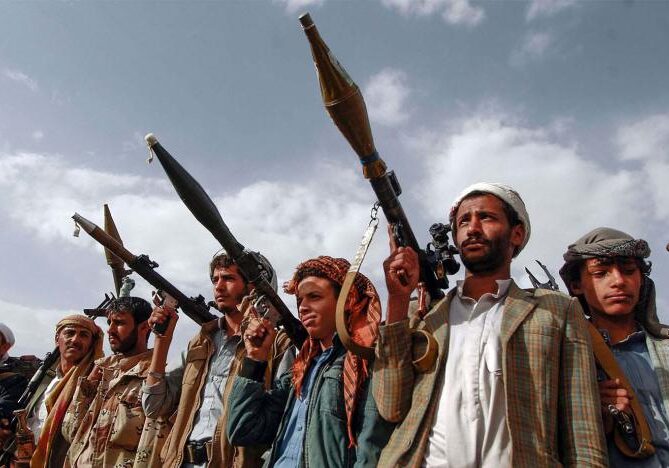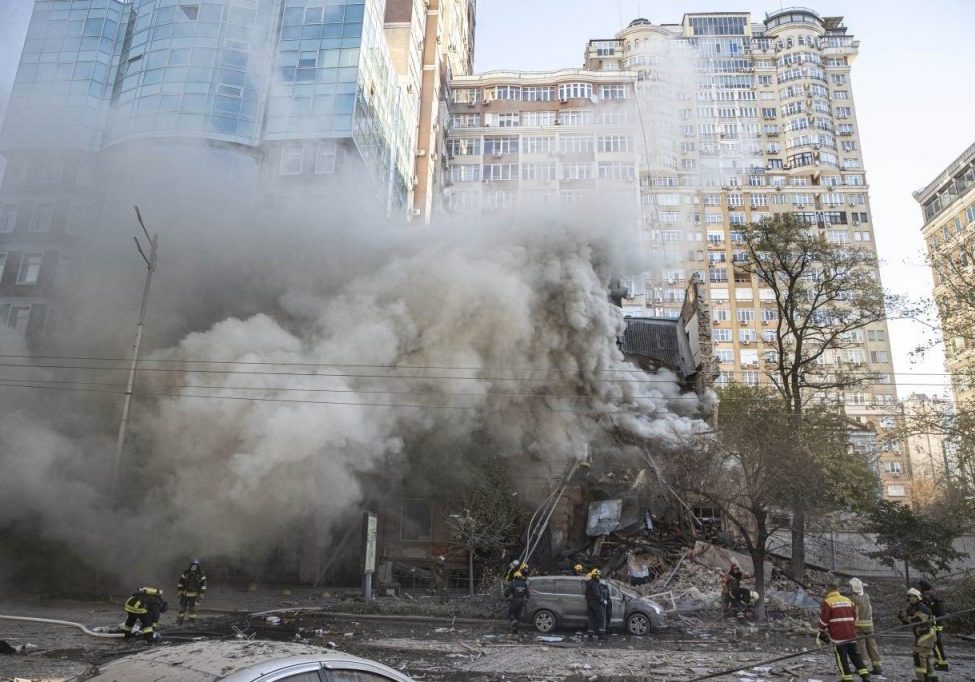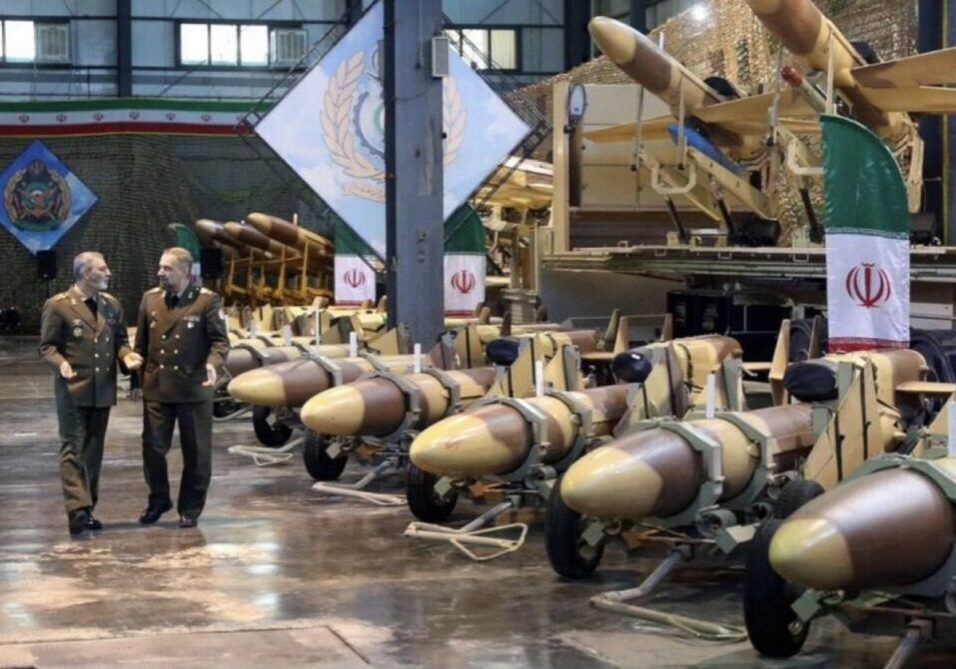Australia/Israel Review
Syria’s future depends on Russia
Feb 2, 2017 | Jonathan Spyer
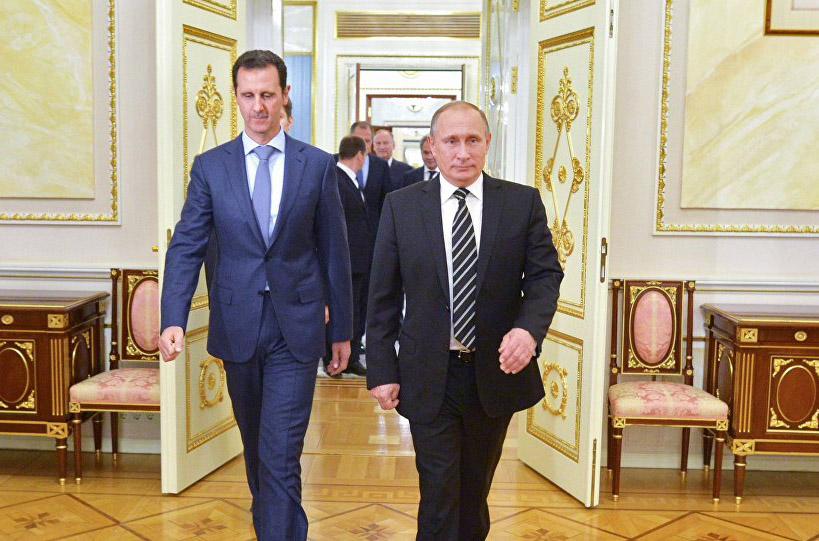
Jonathan Spyer
The latest reports from Syria indicate that the ceasefire brokered by Russia and Turkey in Syria is in trouble. Fighting has continued in the Wadi Barada area north west of Damascus as regime forces and Hezbollah seek to prise the rebels out of this area. Clashes have also taken place in the southern Aleppo and Deraa areas.
The direction of events in Syria raises a number of questions about the current diplomacy of the Syrian war which have potential implications far beyond Syria itself. These relate primarily to the intentions of Russia in the Syrian conflict, and also to the stance that the new US Administration will take.
Regarding Russia, the question is what Putin is looking for in Syria – how do the Russians see the endgame?
A cloud of misinformation and contradiction surrounds this point.
There are in effect two possibilities: the first is that by preserving the existence of the Assad regime, safeguarding Russia’s naval assets in Tartus and Latakia, and showing the lethal efficacy of Russian air power, Putin now sees himself as having proved his point.
In this scenario, the recent ceasefire is intended as a prelude to a deal which will largely leave the current balance of forces in Syria in place on the ground. Give or take some final “cleaning out” of rebel pockets close to Damascus and in the northwest, any agreement that follows the ceasefire would usher in a loose, federal arrangement for an essentially divided Syria, leaving Alawis, Sunni Arabs and Kurds with their own de facto entities.
Such an approach is quite imaginable. Putin’s behaviour in Ukraine and elsewhere in eastern Europe indicates that he has no problem with ongoing, semi-frozen conflicts, in which the Russian client is alive and on the board. Indeed, he appears to well understand the value of such situations as instruments for pressure on the hapless West, making himself an indispensable part of any discussion.
Russian statements regarding an imminent reduction of forces in Syria, and suggestions by Deputy Foreign Minister Sergei Ryabkov last February that Moscow might favour a federal solution in Syria are evidence in favour of this scenario.
In the Syrian context, such an outcome would run entirely against the wishes of the other members of the pro-Russian alliance. The determined desire of the Assad regime, as expressed both by the dictator himself and by various of his mouthpieces in the Western media, is to re-unite Syria under his own exclusive rule.
Iran clearly also wants all opponents of the regime destroyed – though Teheran differs from Assad in preferring a weak regime in which the independently-controlled Iranian interest can continue to operate according to its desire.
But these forces are too weak to achieve the goal of total victory without the involvement of Russian air power and special forces. So the Russians effectively have a veto on any such effort. This is why the Russian decision is crucial.
The second possibility is that the Russians have themselves adopted the goal of complete regime victory. If this is the case, the current diplomacy is merely chatter beneath which the effort at military conquest will continue, stage by stage.
One way in which this might take place would be for ongoing efforts by the regime against the remains of the rebellion in Idleb and Deraa provinces. At the same time, the US-supported Syrian Democratic Forces (SDF) would be permitted to continue to grind down the Islamic State in the east of the country. Once these processes are complete, (ie. the rebellion and ISIS destroyed or pushed to the margins), Moscow would present the US and the West with the fait accompli of the defeated rebellion, and suggest that with the war against IS now complete, coalition air power could be withdrawn.
Once this has taken place, the Kurdish-dominated SDF would then be presented with the choice of cooperating with the regime and its allies or being destroyed by them.
Vitaly Naumkin, a Russian expert on Syria who is regarded as close to the government, hinted at a Russian preference for the reunification of Syria under Assad in a statement in early January. Naumkin told the pro-Putin Sputniknews that “Moscow has made some concessions to Ankara by reacting very gently to the de facto establishment of a buffer zone in the north of Syria. There was no harsh reaction from Russia, but it does not mean that Moscow… will accept that some part of Syria is occupied by a foreign state for a long time, regardless of which state it is.”
In the event that the first scenario accurately reflects reality, we are into the realm of deal-making that the new US President evidently favours, and there is a chance for the Syrian war to wind down, or at least decline sharply in intensity and significance.
If the second scenario turns out to more effectively reflect Russian thinking and intentions, however, there is trouble ahead. A complete victory for the Assad/Iranian side in the Syrian war, under Russian tutelage, would genuinely birth a new strategic dispensation in the region. It would leave the Iranians in control of a huge swathe of contiguous territory from the Iraq-Iran border to the Mediterranean, all made possible because of Russian patronage and in the face of a flailing, accommodating, retreating US.
In this scenario, there cannot be two winners, and there would be no deals to be made. The new US Administration would have the choice of accommodating to the Russian/Iranian strategy, at the cost of US humiliation and growing irrelevance, or sharply resisting it. Either way, the implications would be grave – the birth of a new, Iran-dominated dispensation in the northern Levant, or the chance of a faceoff between major global powers.
As to which choice a President Trump would choose in such a situation – impossible to know. The President combines a conciliatory approach to Russia with a sharp desire to curb Iranian influence, and an isolationist streak with an apparently strong, instinctive street-type knowledge that rolling over and then cleverly justifying it is not the way for a superpower to behave. Who knows what element would win out at such a moment?
It may well be that Putin favours the first scenario. He is interested in power projection and influence building, but not in any way in the triumph of Shi’ite political Islam. On the other hand, he has grown used to an absence of serious consequences for his acts. This is a process which was learned and will need to be un-learned if the US wishes to return as a force of consequence in Mideastern affairs. Will Syria prove to be the arena in which this takes place?
Dr. Jonathan Spyer is Director of the Rubin Center for Research in International Affairs, a fellow at the Middle East Forum, and author of The Transforming Fire: The Rise of the Israel-Islamist Conflict (Continuum, 2011). © Jerusalem Post, reprinted by permission, all rights reserved.
Tags: Russia

